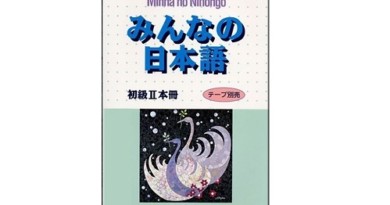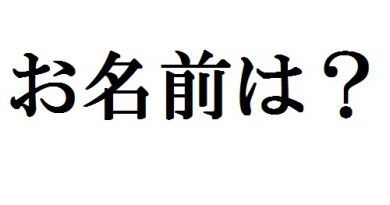Contents
Learn minna no nihongo lesson 30
3. Grammar
N1 に N2 が Vてあります
Usage: describe a state of an action that have been done by someone. Use with transitive verbs
Example:
つくえのうえにメモがおいてあります。
tsukue no ue ni memo ga oite arimasu.
There is a note that has been put on the desk.
We can also use “N2 は N1 に [Verb in て-form] あります” to emphasize N2
Example:
メモは つくえのうえにおいてあります。
memo ha tsukue no ue ni oite arimasu.
The note has already been put on the table.
Difference between Vてあります and Vています
Both are used to describe a state, however, Vてあります describes the state as the result of an intentional action
Vてあります is used with transitive verbs
Vています is used with intransitive verbs
Example :
ドアが あけて あります
The door has been opened.
ドアが あいて います
The door is open.
~Vておきます
~前に~ Vておきます
Meaning : to do something in advance
Usage :Describe an action that needs to be prepared before another action or event takes place
~たら、Vておきます
Meaning : After doing ~ , do V
Usage : Use to deal with the situations after performing an action, or giving a temporary solution
~そのまま~ Vておきます
Usage : Use to describe an action that is maintained or remained in the state
Example :
旅行の前に切符をかっておきます。
Ryokou no maeni kippu wo katte okimasu.
I will buy a ticket before traveling.
はさみを使ったら、元のところにもどしておいてください。
Hasami wo tsukattara, moto no tokoro ni modoshi oitekudasai.
After using scissor, put it back to the original place.
あしたかいぎがありますから。いすはこのままにしておいてください。
Ashita kaigi ga arimasukara. Isu ha kono mana ni shite oitekudasai.
Since we’re having a meeting tomorrow, please leave the chairs as they are.
まだ~ Vています
Meaning : still ~
Usage : Describe an action or the state that is still ongoing
Example :
まだ雨が降っています。
mada ame ga futte imasu.
It’s still raining.
4. Kaiwa
チケットを 予約して おきます。
chiketto wo yoyaku shite oki masu.
ミラー: 課長、ニューヨーク出張の 予定表と 資料が できました。
kachou, nyu-yo-ku shucchou no yotei hyou to shiryou ga deki mashi ta.
中村課長: ご苦労さま。資料は あとで 見て おきますから、そこに 置いといてください。
nakamura kachou gokurousama. shiryou ha ato de mi te oki masu kara, soko ni oitoi te kudasai.
ミラー: はい。
Mira hai.
中村課長: 予定表は これですね。
nakamura kachou yotei hyou ha kore desu ne.
中村課長: ホワイトさんには もう 連絡して ありますか。
nakamura kachou howaito san ni ha mou renraku shi te ari masu ka.
ミラー: はい。
Mira hai.
ミラー: あのう、この 日の 午後は 予定が ないんですが・・・・・。
mira ano u, kono nichi no gogo ha yotei ga nain desu ga……
中村課長: ああ、そうですね。
nakamura kachou aa, sou desu ne.
ミラー: 何か ご希望が ありますか。
Mira nani ka go kibou ga ari masu ka.
中村課長: そうですね。一度 ブロードウェトで ミュージカルを見たいと 思うんですが・・・・・。
nakamura kachou soudesune. ichido burōdoweto de myu-jikaru o mi tai to omoun desu ga……
ミラー: それは いいですね。チケットを 予約して おきましょうか。
Mira sore ha ii desu ne. chiketto wo yoyaku shi te oki mashou ka.
中村課長: ええ、お願いします。
nakamura kachou ee, onegai shi masu.
Translation:
I will book a ticket.
Miller: Manager, I have already finished preparing the schedule and materials for the New York business trip.
The section manager Nakamura: Thank you very much. I will review them later, so please put them there.
Miller: Yes.
The section manager Nakamura: This is the schedule, isn’t it?
Have you contacted Mr. White?
Miller: Yes, I have. Well, there are no plans for this afternoon….
The section manager Nakamura: Oh, yes.
Miller: Do you have any request?
The section manager Nakamura: Let’s see. I would like to see a Broadway musical once……
Miller: Sounds good. May I book a ticket for you?
The section manager Nakamura: Yes, please.
Please see the renshuu section on the next page.

